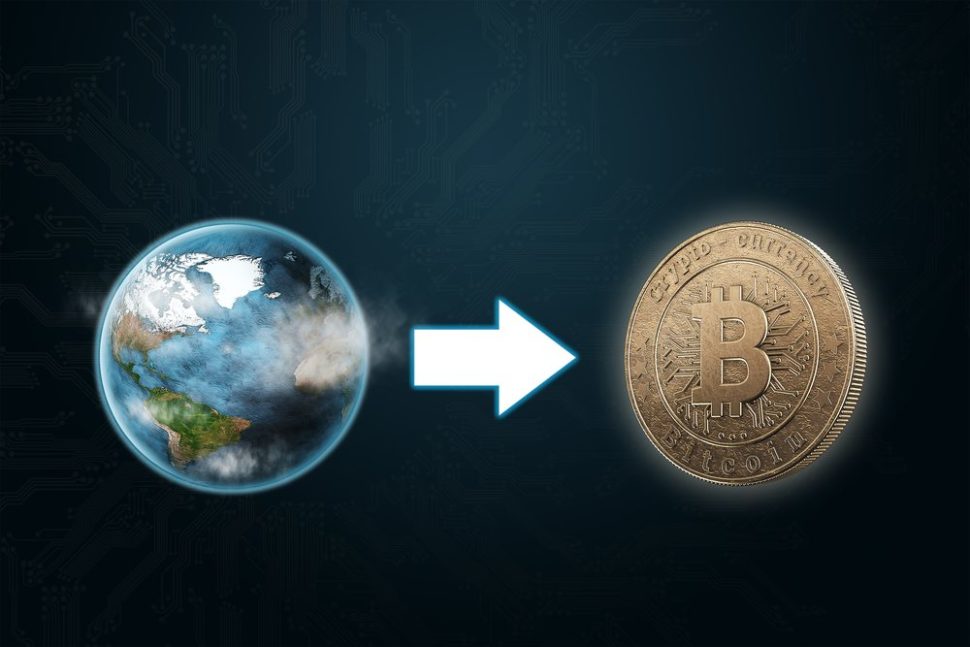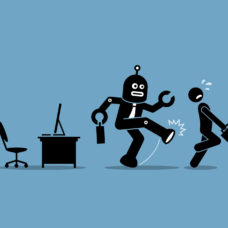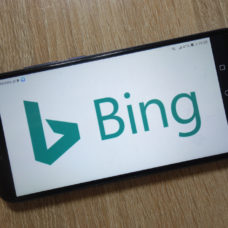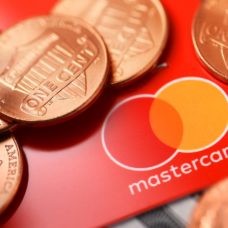“Blockchainisation” is underway and here are 5 areas that will most like be deeply affected by the technology.
We’re sure you’ve heard a lot about Blockchain and Bitcoin (check out this insane infographic for some cool, easy-to-digest facts).
But what makes Blockchain so special?
Here’s a quick overview:
1. Blockchain is Decentralized:
Blockchain runs on a global network of users’ computers. Each member contributes processing power to the whole, and the network doesn’t function properly without a constant influx of new miners.
2. It’s Public:
On Blockchain, everyone can see everything all the time–it’s 100% transparent.
3. It’s Encrypted:
Blockchain uses robust encryption to maintain virtual security. Aside from a strong external defense, there is no central database to hack in the first place.
5 ways the world will change thanks to #Blockchain technology.Click To TweetThroughout the day and every couple of minutes, Blockchain transactions, which are initiated by complex math problems that computers work together to solve, are checked, erased and stored in a block that is linked to the previous block, creating a chain, hence the name “Blockchain”.
This structure prevents any one user from modifying historical data.
If someone, for example, wants to modify data (say, to steal a Bitcoin), they’ll have to rewrite, in real-time, the entire Blockchain record–which is virtually impossible.
This is one of the things that makes Blockchain one of the most promising networking and currency technologies. If you consider how it can be combined with the latest advances in AI and the IoT, we are poised to change the world.
5 Ways Blockchain Will Change the World:
1. Taxes
Taxes are collected and then delivered to local governments or the state following a complex audit system that costs a lot of money and time to carry out.
Governments can use Blockchain technology to implement, track and receive taxes in real time. Blockchain may help streamline and even eliminate taxes as we know them–but that’s certainly further off.
In the meantime, start-ups are developing innovative solutions toward this direction.
For instance, Chainalysis, a company specialized in analyzing the Bitcoin Blockchain, is helping some clients, including the IRS and Europol, to identify Bitcoin tax cheaters.
2. Digital ID
United Nations stats show that globally over one 1 billion people cannot provide documented proof of their existence, which raises many social, cultural and political challenges.
ID2020 is a global public-private initiative that seeks to remedy this situation. Microsoft and Accenture, at the last ID2020 summit held last June in New York, presented a prototype digital identification system based on Blockchain protocols.
Estonia issues e-residency cards for its residents, based on Blockchain technology. India also aims to use the technology to enhance the Aadhar registry.
3. Digital Advertising
Blockchain can solve many issues now inherent to digital advertising, such as those that come along with fraud and transparency.
The market of peer-to-peer advertising via Blockchain is taking shape.
Created by MetaX and DMA, adChain is an open protocol built on the Ethereum Blockchain.
adChain ensures that ad spending reaches where it needs to without going through a complicated ad supply chain, without fake views, and it favors efficiency, trust, and transparency between advertisers, publishers, and customers.
4. Transparency and Accountability
With tamperproof records, Blockchain protocols can handle more than virtual currency transactions.
Among the areas where Blockchain tech can be applied, there is the storage and exchange of documents, certificates or the setting up of contracts.
Decentralization, autonomy, security, and transparency of accounts are what Blockchain technology can offer to companies.
Blockchain offers a secure e-voting tool whose results are transparent and none can modify them afterward.
5. Smart Digital Assets
Investors could leverage Blockchain as a smart system to track their digital assets. Using the open ledger, they can prove ownership of the asset and track its movement.
In case of physical assets, a digital identity of the item can be recorded in real-time. This should help with physical transactions and shipping from getting items through foreign government customs to shipping items remotely.
For example, Portion is a startup that allows you to easily rent out unused goods, using fraud-resistant “smart-tags” to represent a physical item as a virtual asset and thereby authenticates ownership.



















I am excited about supply chain management, warehousing, and imagine this, alibaba using an intelligent warehouse (a,mazonlike but based in blockchain that automatically ships out items, accepting currency payments from all over the world… automated proccessing orders and automate trakings… I hope customs ports adopt agreements with those giants to prevent fraud, predict custom taxes upfront…. and so on!!!! that would be beautiful for international trade
I had this instinct that based on your comment, you must be from Panama. Am I right?
How To Find Your Lost Cryptocurrency.
My name is George Lucas. I want to testify about GEO COORDINATES HACKER. They helped me recover my stolen crypto worth $370,000 through their hacking skills. I tried it. I was skeptical but it worked and I got my money back, I’m so glad I came across them early because I thought I was never going to get my money back from those fake online investments. I want to recommend this great hacker to anyone that truly needs an urgent solution. You can also contact them via
Email; geovcoordinateshacker@proton.me
Email; geovcoordinateshacker@gmail.com Telegram ( @Geocoordinateshacker )Website; https://geovcoordinateshac.wixsite.com/geo-coordinates-hack